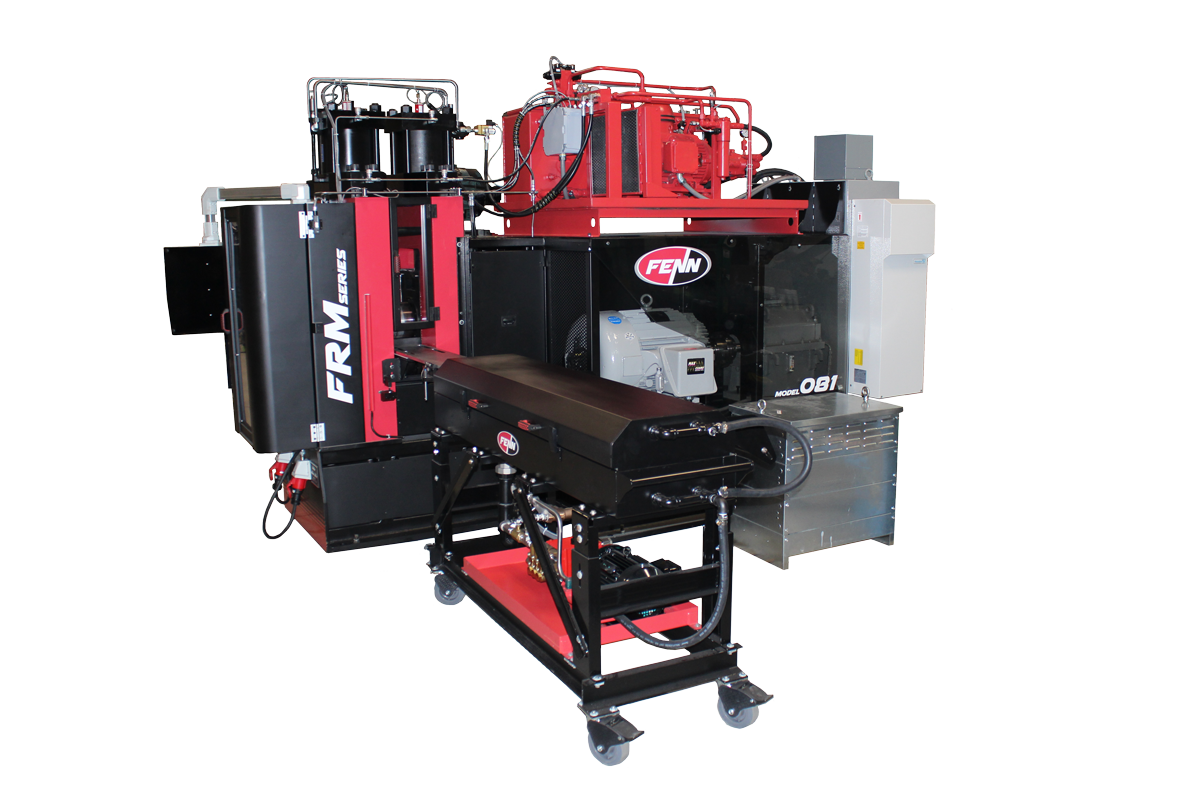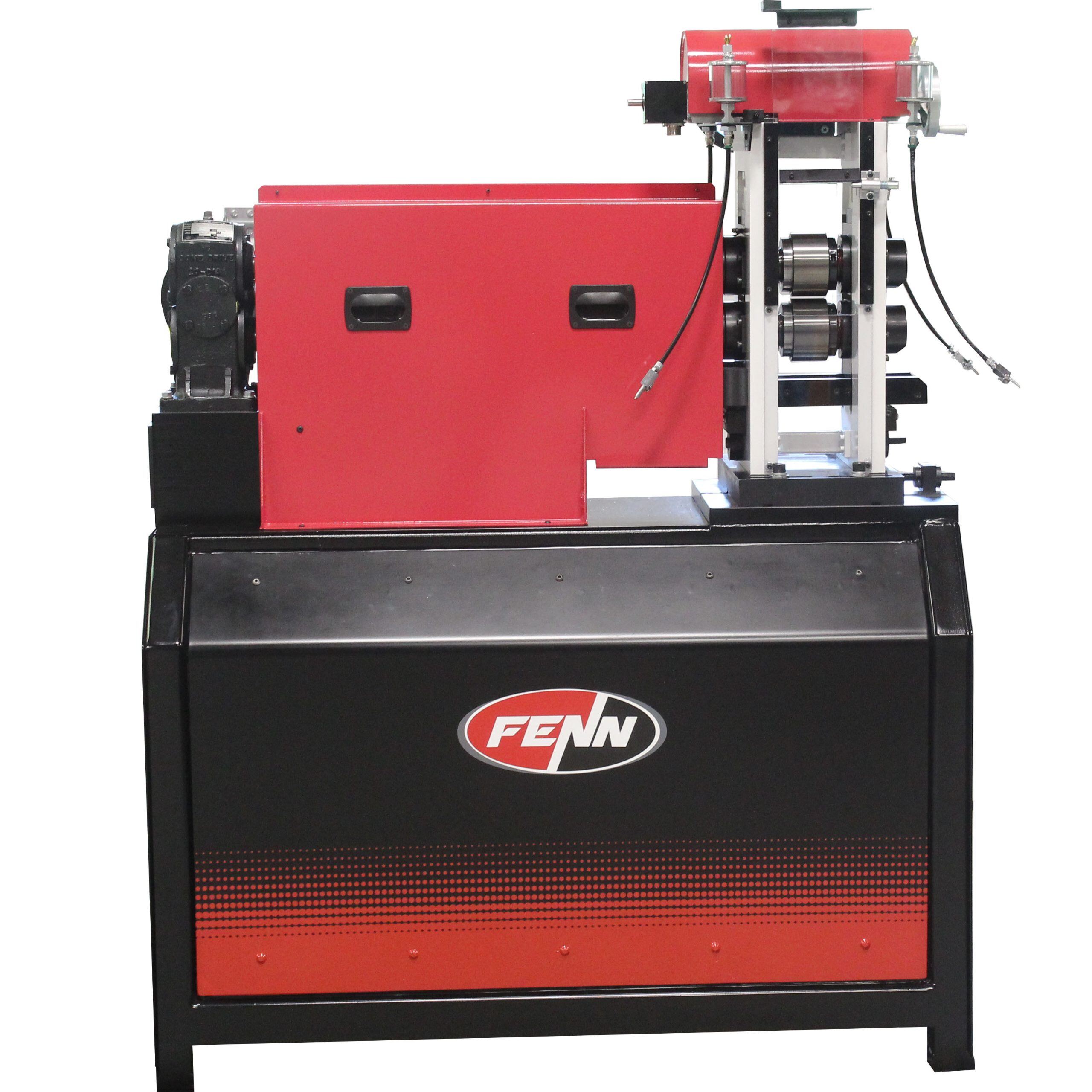What is a Rolling Mill Used For?
Rolling Mills
What is a Rolling Mill Used For?
Rolling mills are used to roll hot or cold ferrous or non-ferrous strips, wires and even rods. Depending on the type of mill it could be used for hot or cold breakdown and finishing of bar, sheet or strip. They can also be used for finish rolling of thin gauge stock, embossing or compacting. Rolling mills can be engineered to meet the unique needs of manufacturers, metallurgists and scientists in the materials research industry and are used for a variety of applications across a range of industries. The advanced design, precision, versatility, and unwavering dependability of FENN rolling mills make them the best choice for the customers in the materials research, aerospace, military and the automotive industry.
Examples of Typical Applications:
- Breakdown rolling of either straight lengths or coil to coil
- Finish rolling of tight tolerance thin gauge stock – commonly a 4-HI mill
- Powder metallurgy rolling utilizing a horizontal mill – designed for plastics and battery industries
- Bonding of dissimilar metals
- Camber correction of BI-metal strips after Electron-beam welding
- Grooved rolls for rod rolling – square or circular sections
- Embossed rolls can be used for pattern rolling
- Laboratory mills used for research and development

Metallurgical Research & Development:
Rolling mill machines are an ideal type of metal forming equipment for metallurgical research and development because they are easily customized for various processes. Research institutions may use a rolling mill for testing a variety of metallurgical properties and need to store all the information collected. A few of the software capabilities FENN’s rolling mills are equipped with are data acquisition, automatic roll pass programming, torque & separating force measurement. These features allow users to test, adjust, record, and run smoothly without utilizing multiple mills. Because FENN designs combination mills, researchers can conduct metallurgical testing utilizing both hot and cold rolling methods on a single mill.
Examples of Alloys That Can be Processed on a FENN Rolling Mill:
- Steel
- Copper
- Lead
- Platinum
- Aluminum
- Superconducting Materials
- Exotic Metals
- Precious Metals
- Ferrous & Non-Ferrous Metals
- Engineered Materials

Industries Using Rolling Mills:
Not only do research universities use rolling mills for testing, they can also be used by companies in the aerospace industry for laboratory testing. Aerospace component manufactures may need to test new alloys to determine what is suitable for aircraft construction. Rolling mill machinery can be used to create finished products for the aerospace industry such as turbine blades in jet engines and the production of fuel cells in aircrafts.
In addition to metallurgical and alloy research for military applications, rolling mill machinery can be designed for the embossing of military materials such as that which is used for hand grenades. Rolling mills can also be designed to process titanium sections for military aircraft frames.
Manufacturers in the automotive industry use rolling mill machinery for various applications. Automotive parts suppliers and producers rely on FENN rolling mill machinery for the precise reduction of material for a variety of automotive components including, but not limited to:
- Collets
- Snap rings
- Bearing steel
Rolling mills are a type of metal forming machinery that process various metals through one or more sets of rolls to reduce thickness, create uniform thickness, imprint a design or compact loose material. FENN rolling mills can be custom designed and built to help metal manufacturers perform test runs to refine their processes for maximum productivity and efficiency. Contact FENN to learn more about creating a customized rolling mill for your metal forming application. FENN rolling mill machinery can be designed to incorporate other metal forming and shaping equipment such as turks heads, edgers, dancers and payoffs to create an application-specific line.



